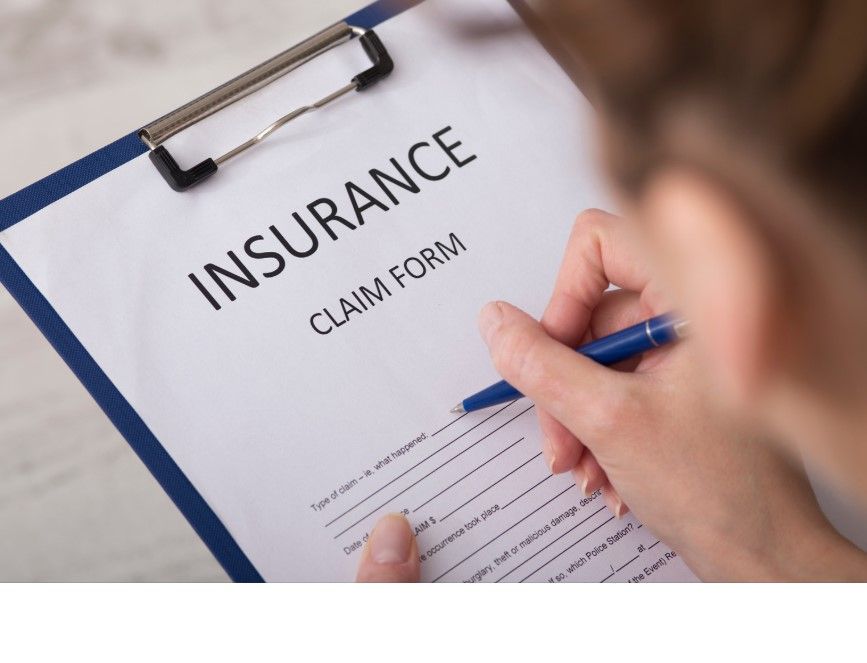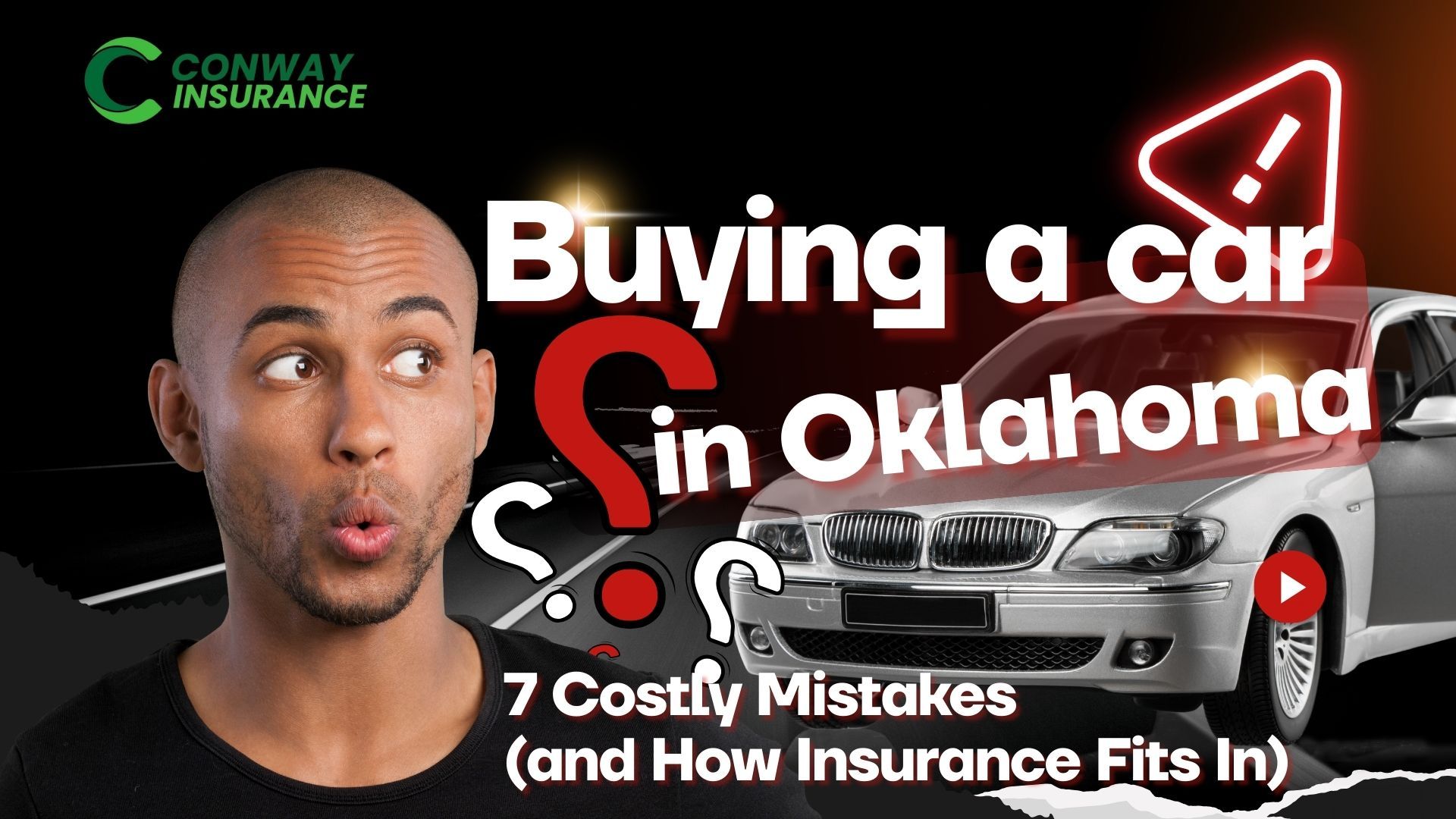Insurance Claim Processing: A Step-by-Step Guide
Insurance Claim Processing: A Step-by-Step Guide

Life is full of unexpected events—whether it’s a business interruption, a car accident, or storm damage to your home. When these incidents occur, understanding the insurance claims process can save you from unnecessary stress and confusion. Here’s everything you need to know about how insurance claims work and how to make the process easier.
What Is an Insurance Claim?
An insurance claim is a formal request made to your insurance company for compensation following the incident. Claims can arise from property damage, theft, liability issues, or accidents. Filing a claim is the first critical step in recovering from these unexpected events.
Step-by-Step Guide to the Insurance Claims Process
1. Report the Incident Immediately
When an incident occurs, contact your insurance provider as soon as possible. Most insurers have 24/7 hotlines, online portals to make reporting convenient, and through mobile applications.
- Provide details about the incident, including the time, location, and nature of the event.
- For incidents like auto accidents, a police report or witness statement may be required.
2. Document the Damage
Take clear photos or videos of the damage and keep records of any related expenses.
- For example, if a storm damages your roof, document the extent of the damage before making temporary repairs.
3. Review Your Policy
Understand what your policy covers and check your deductible amount.
- Familiarize yourself with the fine print to avoid surprises during the claims process.
4. Work with an Insurance Adjuster
Your insurer may assign an adjuster to assess the damage and review your claim.
- Be honest and thorough during this process to avoid delays.
- The adjuster will determine the settlement amount based on the policy coverage.
5. Receive Your Settlement
Once the adjuster completes their report, the insurance company will issue a settlement.
- Payments can be sent directly to you or to service providers for necessary repairs or replacements if the carrier allows it.
6. Review and Provide Feedback
After your claim is resolved, take time to evaluate the process.
- Share feedback with your insurer to improve future claims experiences.
Tips to Make the Claims Process Smoother
1. Ask Questions Early
When purchasing or renewing your policy, inquire about the claims process:
- What is the typical turnaround time?
- Will you have a dedicated representative?
2. Stay Organized
Keep copies of your policy, receipts, and documentation in a safe, easily accessible location. Areas of storage may be a water and fire proof safe and/or “in the cloud”
3. Choose a Responsive Provider
Select an insurance company known for excellent claims service to ensure a seamless experience.
Why Understanding the Claims Process Matters
When disaster strikes, confusion only adds to the stress. A clear understanding of your insurer’s claims process:
- Offers peace of mind.
- Helps you focus on recovery rather than red tape.
Don’t wait until an emergency to familiarize yourself with your policy. Reach out to your agent today and ask about the claims process—it’s a crucial step in safeguarding what matters most.
Please note that the information provided in this article is intended for general informational purposes only and may not apply to your specific situation. Insurance laws and regulations can vary significantly from state to state, and it’s crucial to understand the specific requirements and coverages that apply to your location. We strongly recommend consulting with a licensed insurance agent in your state to discuss your unique needs and ensure you have the appropriate coverage for your circumstances.
Recent posts


